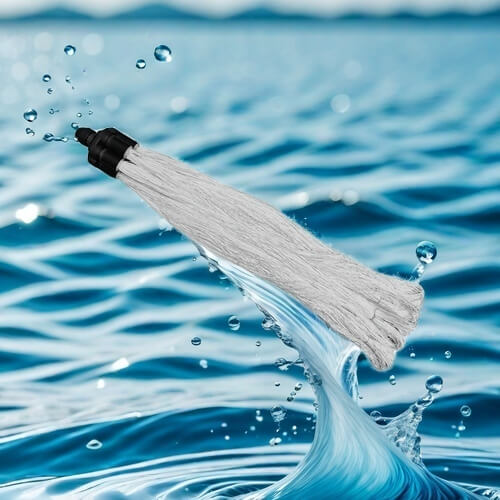Enterprises need to choose a combination process to treat chemical wastewater
In modern industry, the treatment of chemical wastewater is an important link that cannot be ignored. With the increasingly strict environmental regulations, enterprises must take effective measures to reduce the impact of wastewater on the environment. Choosing a combination process as the core solution for wastewater treatment has become a consensus among many enterprises.
The flexibility of the combined process enables it to handle different types of chemical wastewater. The composition of chemical wastewater is complex and may contain various pollutants such as heavy metals, organic matter, and suspended solids. By combining multiple treatment processes, enterprises can choose the most suitable treatment plan based on the specific characteristics of wastewater. For example, the combination of physical, chemical, and biological methods can effectively remove various pollutants from wastewater and achieve better treatment results.
The combination process has significant advantages in processing efficiency. A single treatment process may not be able to completely remove all pollutants, while a combined process can gradually reduce the pollution load of wastewater through different treatment steps. This progressive treatment method not only improves the purification rate of wastewater, but also reduces treatment costs, thereby bringing higher economic benefits to enterprises.

The combination process can also improve the stability of wastewater treatment. In practical operation, the flow rate and composition of chemical wastewater may change, and a single process is prone to problems when dealing with such changes. By combining processes, enterprises can flexibly adjust the operating parameters of each treatment stage based on real-time monitoring data to ensure the stability and reliability of wastewater treatment.
When choosing a combination process, enterprises also need to consider equipment investment and operating costs. Although combinatorial processes may require more equipment and technical support, the treatment effects and environmental benefits they bring are often worthwhile. Through reasonable design and optimization, enterprises can achieve a win-win situation between the economy and the environment while reducing investment and operating costs to ensure effective treatment.
Enterprises must attach importance to the training and management of technical personnel when implementing modular processes. Effective wastewater treatment not only relies on advanced equipment and processes, but also requires a professional technical team for management and maintenance. By continuously improving the professional competence of technical personnel, enterprises can better cope with various challenges in wastewater treatment and ensure the smooth implementation of combined processes.
Choosing a combination process as the core solution for chemical wastewater treatment can effectively improve treatment efficiency and stability, reduce costs, and ensure environmental compliance. With the increasing demand for environmental protection, enterprises should actively explore and apply combined processes to contribute to achieving sustainable development.
